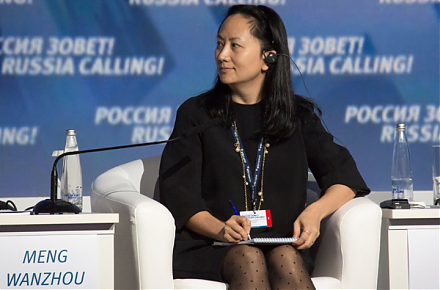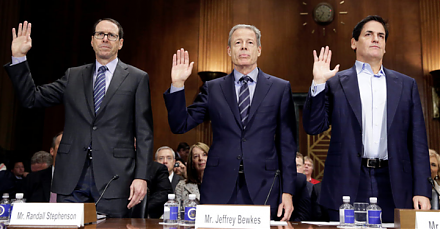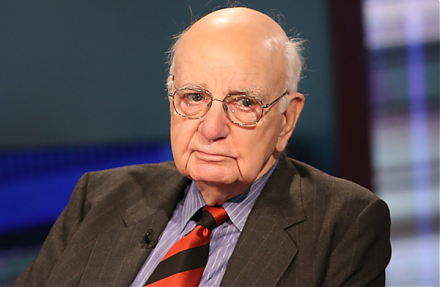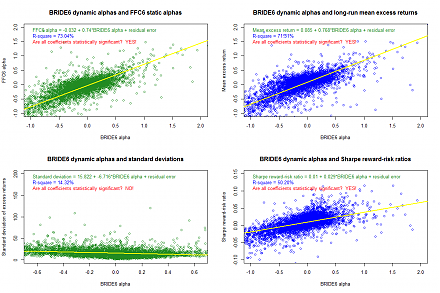

2019-06-09 11:29:00 Sun ET
federal reserve monetary policy treasury dollar employment inflation interest rate exchange rate macrofinance recession systemic risk economic growth central bank fomc greenback forward guidance euro capital global financial cycle credit cycle yield curve
St Louis Federal Reserve President James Bullard indicates that his ideal baseline scenario remains a mutually beneficial China-U.S. trade deal. Bullard indicates that the Xi administration should accept U.S. demands on trade deficit curtailment and intellectual property protection and enforcement in order to attract foreign capital investments as the oriental country can reap enormous benefits. In this baseline scenario of a major Sino-U.S. trade deal, the Trump tariffs may linger such that the Federal Reserve has to address the likely U.S. economic growth concerns. Since the U.S. and China still cannot conclude their yearlong trade conflict, this economic policy uncertainty stokes fresh worries about the global economy.
U.S. FOMC members agree that the current patient monetary policy approach can remain in place for some time. In this positive light, the Federal Reserve halts the next interest rate hikes as Fed governors communicate their implicit expectations of anchoring both U.S. economic growth and interest rates at 2.25%-2.5%. To the extent that inflation risk remains low or still below the 2% target level, the Federal Reserve keeps intact the 2.5% federal funds rate as the U.S. economy operates near full employment (with the 3.6%-3.7% unemployment rate). Patience pays well in time.
If any of our AYA Analytica financial health memos (FHM), blog posts, ebooks, newsletters, and notifications etc, or any other form of online content curation, involves potential copyright concerns, please feel free to contact us at service@ayafintech.network so that we can remove relevant content in response to any such request within a reasonable time frame.
2018-12-13 08:30:00 Thursday ET

The recent arrest of HuaWei senior executive manager may upend the trade truce between America and China. At the request of several U.S. authorities, Canadi
2024-05-05 10:31:00 Sunday ET

Stock Synopsis: Pharmaceutical post-pandemic patent development cycle In terms of stock market valuation, the major pharmaceutical sector remains at its
2018-05-08 13:39:00 Tuesday ET

The Trump administration weighs the pros and cons of a potential mega merger between AT&T and Time Warner. Recent stock prices show favorable trends for
2018-10-23 12:36:00 Tuesday ET

Former Fed Chair Paul Volcker releases his memoir, talks about American public governance, and worries about plutocracy in America. Volcker suggests that pu
2017-05-07 06:39:00 Sunday ET

While the original five-factor asset pricing model arises from a quasi-lifetime of top empirical research by Nobel Laureate Eugene Fama and his long-time co
2023-01-09 10:31:00 Monday ET

Response to USPTO fintech patent protection As of early-January 2023, the U.S. Patent and Trademark Office (USPTO) has approved our U.S. utility patent